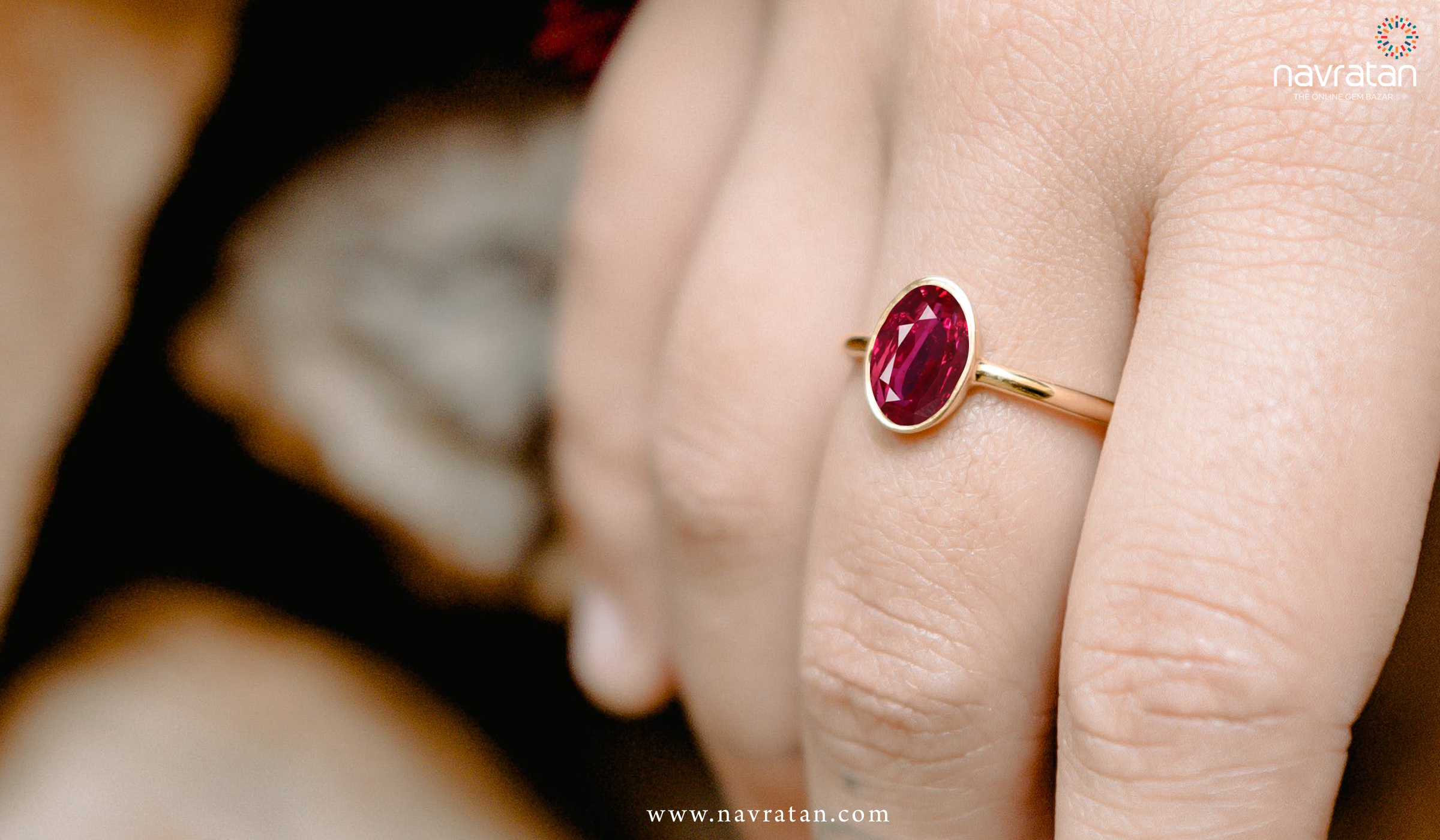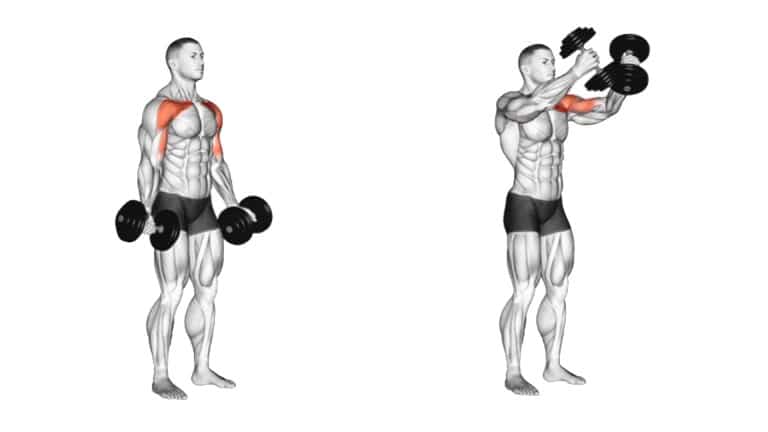In a world saturated with glossy magazine covers and social media feeds, the spotlight on appearance is inescapable. Physical beauty can certainly boost confidence for someone. It’s crucial to recognize that true positiveness extends beyond appearances. Embracing one’s unique qualities and fostering inner strength contributes to a more enduring and authentic sense of confidence. We’ll explore how beauty standards intricately shape the dynamics of our relationships and contribute to the moulding of societal expectations.
This article provides a lens into the multifaceted world of beauty standards. It offers a deeper understanding of their intricate dynamics and the consequential impact they wield on individuals. Join us on a journey where we navigate the complex terrain of physical beauty, dissecting its profound influence on how we perceive ourselves and others. Prepare to unravel the complexities of this compelling aspect of modern society and gain insights into its lasting effects on our collective psyche.
The Visual Impact
First impressions are often visual, and physical beauty can play a pivotal role in shaping these initial perceptions. Human beings are naturally drawn to aesthetically pleasing features, and physical attractiveness can shape perceptions and interactions. In professional settings or personal relationships, an individual’s attractiveness can influence the way they are perceived by others. The positive attention and admiration received based on physical appearance can create a conducive environment for the development of confidence. For that reason, people went for various cosmetic procedures to enhance facial features like facial jaw surgery. These procedures help them to attain their desired look and confidence.
The Confidence Boost
People often link physical beauty and confidence, and there’s a psychological idea called the “halo effect” that shows this connection. This idea says that if someone is seen as good-looking, others might also think they are smart, capable, and charming. To boost their confidence people go for plastic surgeries in the US. The impact of physical appearance on confidence can indeed be significant. It’s also crucial to note that beauty standards vary across cultures and are subjective. So, those who are considered physically attractive often get a natural confidence boost because people respond positively to how they look.
Beauty Standards and Self-Worth
The societal emphasis on beauty standards can contribute significantly to an individual’s sense of self-worth. When one aligns with culturally accepted notions of attractiveness, they may experience increased social validation. This external validation, whether through compliments, admiration, or positive attention, can reinforce a positive self-image and contribute to the development of confidence. Taking care of how you look can be like having your tool for feeling powerful. Individuals invest time in grooming, dressing well, and maintaining their healthcare. It goes beyond just looking good instead it’s a form of self-care. This intentional effort to present oneself in the best possible way is a way of showing kindness to oneself. The act of grooming and choosing stylish attire becomes a personal ritual, a moment dedicated to enhancing one’s well-being.
Challenges and Realities
Recognizing the limitations of relying exclusively on physical beauty for confidence is crucial in fostering a more resilient sense of self-worth. Beauty standards not only differ across cultures but are also inherently subjective, posing challenges in achieving universal acceptance. The ephemeral nature of physical attractiveness adds another layer of complexity, as relying solely on external appearances can be precarious for long-term confidence.
To build a more sustainable and well-rounded self-assurance, it is imperative to adopt a balanced approach. This entails recognizing the importance of developing inner qualities and skills that go beyond surface-level attributes. Investing in personal growth, cultivating talents, and nurturing positive relationships contribute significantly to a more enduring and authentic sense of confidence. This holistic perspective acknowledges that genuine self-assurance arises not only from external validation but also from a deeper understanding and appreciation of one’s inherent value and capabilities.
Aesthetics Help
Aesthetic surgeons play a significant role in boosting confidence by providing individuals with the opportunity to enhance and refine aspects of their physical appearance. By achieving desired changes, individuals often experience a positive transformation in their self-image, contributing to increased confidence. Aesthetic surgeons like Dr Brain Dickinson serve as partners in the journey towards improved self-esteem. The process involves thorough consultations, where surgeons understand the individual’s goals and expectations, fostering a sense of collaboration and empowerment.
Cultural and Historical Perspectives
The significance attributed to physical beauty as a confidence tool varies across different cultures and historical periods. While some societies place a high value on specific aesthetic ideals, others may prioritize inner qualities and accomplishments. Understanding these cultural and historical nuances provides a broader perspective on the complex interplay between physical beauty and confidence.
Conclusion
In the discussion between beauty and confidence, it is essential to recognize the potential power that lies within one’s external appearance. The positive attention, social validation, and personal empowerment associated with physical attractiveness can undoubtedly contribute to the development of confidence. By embracing the positive aspects of physical beauty while acknowledging its limitations, individuals can navigate the intricate landscape of confidence. They will recognize that true empowerment comes from a harmonious balance of inner and outer qualities.










